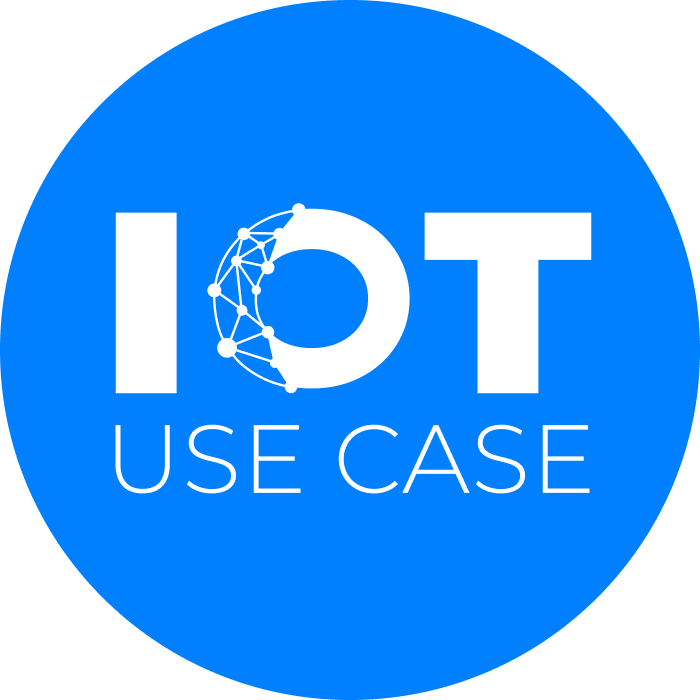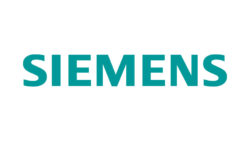Building technology in commercial real estate and industrial buildings is becoming increasingly comprehensive and complex. Increasing digitalization and automation mean that minor events or errors can quickly lead to critical malkfunctions if they are not detected and corrected quickly enough. Continuous monitoring of all software and hardware enables an early and targeted automatic response to events.
The challenge: Critical events in building technology are not noticed quickly enough
Event-based service processes of building services equipment or production-relevant ventilation and refrigeration systems are only poorly automated. Critical events such as the failure of a system, leakage of refrigerants or malfunctioning ventilation motors are still primarily reported manually by building users, usually by telephone.
In modern building technology, a great many influencing factors, services and requirements come together. These include the primary power supply, lighting, ventilation, heating, cooling systems and the IT infrastructure of these systems, which usually forms the backbone of the complex automation. In short, traditional service processes are reaching their limits due to a lack of expertise, resources and time with today’s highly complex systems.
If an event is reported by the user or operator, technicians first view the system and all relevant components, data and information. After that, the complex search for the cause begins. Only then will it become clear which measures and spare parts are necessary. In an industrial environment, this can have a severe impact on operations.
The solution: Proactive monitoring of building technology including all events
For digital service processes, the company uses a networked monitoring system from Siemens Smart Infrastructure that connects the entire building technology with a cloud-based monitoring platform and offers automatic ticketing. 24/7 monitoring of the systems (hardware and software) allows the company to react to events in the building technology it operates in a targeted manner at an early stage.
The monitoring services transmit important information that is not transmitted in a telephone-based reporting chain or is not available due to a lack of data collection. The connected automated ticketing enables a structured and orderly service process for each event. Depending on the event, the right service provider is informed at the right time.
In addition, he receives all the necessary information so that he can act precisely and quickly. This includes, among other things, accurate information about the failed components. Siemens Smart Infrastructure solutions and services turn traditional buildings into Smart Buildings.
The result: Automated alarms enable fast responses
This provides the company with predictive monitoring of system operations. In addition, service availability is improved because critical events and errors are detected at an early stage. Ultimately, service processes gain in quality and efficiency in this way.
Major incidents are avoided because critical individual events in the systems can no longer escalate into an operational malfunction. The events are detected and corrected in time. In addition, such a system brings high time and cost savings.
Building services staff no longer waste time identifying problems or causes, but can quickly take the right action. Internal and external service providers and service providers – including the underlying processes – are coordinated and controlled in a targeted manner in order to resolve the automatically reported events. For the users of the buildings, this means round-the-clock availability of the facilities. In the event of minor malfunctions, the building will, to a certain extent, call a technician on its own.




